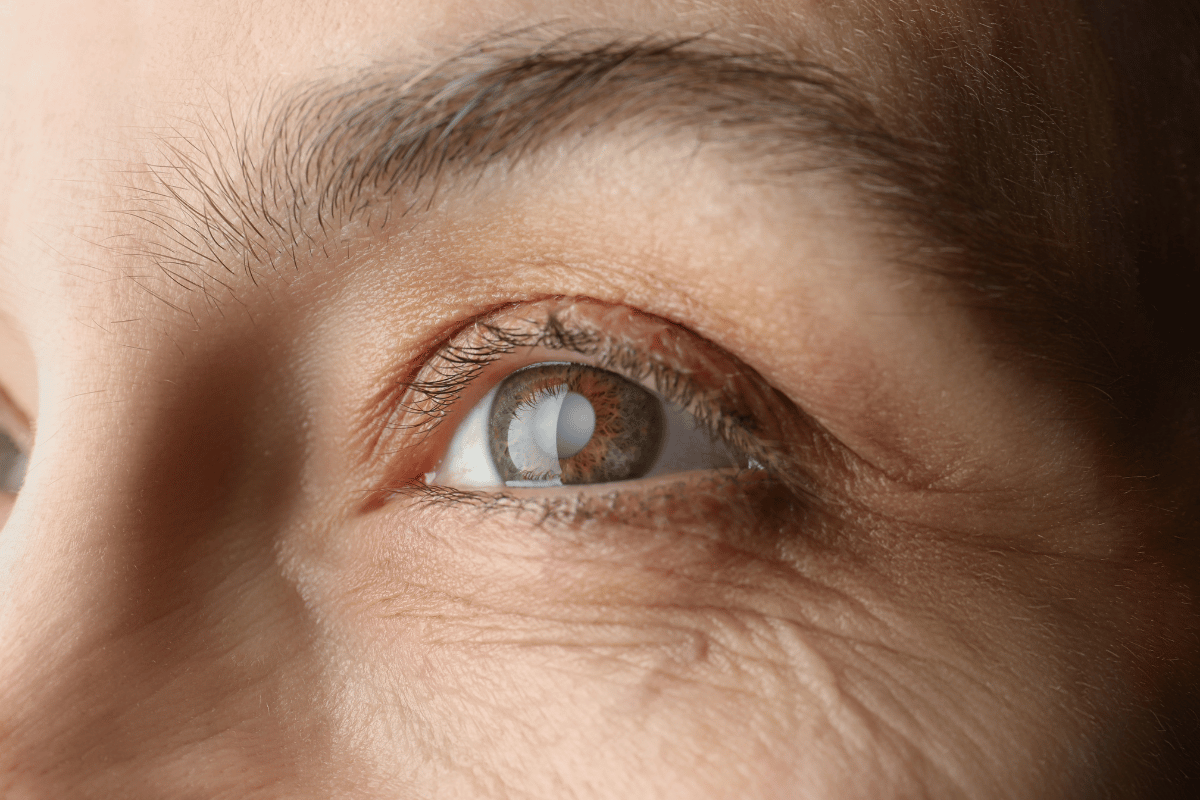Cataract surgery is a transformative procedure for many, and today, we’re diving into everything you need to know about it. Join me as I discuss the ins and outs of cataract surgery with Dr. Rowan at the Suncoast Specialty Surgery Center. From the decision-making process to the procedure itself, let’s focus on the details!
Getting to Know Dr. Rowan
When I arrived at Suncoast Specialty Surgery Center, I was greeted warmly by Dr. Rowan. Naturally, my first question was, How did you become an ophthalmologist and focus on cataract surgery?
Dr. Rowan shared that his inspiration came from his father, who was also an eye surgeon. “Since I was a kid, I knew I wanted to be a surgeon,” he explained. Though he initially considered specializing in retina care, his journey led him to cataract surgery, which he finds both rewarding and enjoyable. “For me, surgery is like being a fighter pilot. It’s exhilarating and a privilege to perform these procedures every day.”
When Is Cataract Surgery Necessary?
As an optometrist, I often refer patients to specialists like Dr. Rowan when I believe cataract surgery might be the next step. But how does he decide if surgery is necessary?
“It starts with the patient,” he said. “They need to have a complaint about their vision, whether it’s trouble seeing near or far, issues with glare, or difficulty driving at night. I do a full exam to rule out other conditions, like problems with the retina or optic nerve. Ultimately, cataract surgery is elective, so the patient must be ready and willing.”
Dr. Rowan emphasized the importance of timing. “Some patients wait too long and let their quality of life decline—to the point where they can’t drive or enjoy daily activities. For those on the fence, I always recommend coming in for a consult. It’s an opportunity to meet the surgeon, learn about the procedure, and decide if they’re ready.”
Addressing Patient Concerns
Fear of surgery is common. Dr. Rowan acknowledged, “Fear is natural. It’s surgery on your eye, after all. My job is to demystify the process. I explain that it’s a quick, seven-minute procedure. You’re awake, but comfortable, and there’s minimal downtime.”
For patients worried about discomfort, Dr. Rowan tailors the experience. “Some patients want no sedation, while others prefer to be deeply relaxed. We adapt to make the experience as stress-free as possible.”
Customizing Vision Outcomes
Cataract surgery isn’t one-size-fits-all. Cataract surgeons usually take a personalized approach, considering factors like the patient’s lifestyle and visual needs. “We calculate everything—from the curvature of the cornea to the power of the lens implant. For golfers, we prioritize distance vision. For avid readers or pianists, we focus on near vision. We also offer options like monovision and multifocal lenses.”
Multifocal lenses can be life-changing. “My mother has them,” Dr. Rowan said. “She’s 20/20 near and far and couldn’t be happier. But not everyone is a candidate. Conditions like macular degeneration or retinal issues might limit the effectiveness of these lenses.”
Advances in Cataract Surgery
Modern cataract surgery is a far cry from the procedures of decades past. “It’s now one of the safest surgeries in the U.S.,” Dr. Rowan said. “No stitches, no patches, and minimal restrictions. You can go about your day almost immediately.”
Laser technology has further improved outcomes. “The laser measures and adjusts during the procedure to ensure the lens is perfectly positioned. It’s all about precision and achieving the best possible vision,” he explained.
Recovery and Results
Most patients see significant improvement within 24 to 72 hours. “Some are 20/20 the next day,” Dr. Rowan noted. While rare complications can occur, the vast majority of issues are treatable. “Even if problems arise, we have the tools to fix them and ensure a great outcome.”
Final Thoughts
Cataract surgery is a safe, effective way to restore vision and improve quality of life. If you’re considering the procedure, take the first step and schedule a consult. As Dr. Rowan says, “It’s all about ensuring your vision doesn’t get in the way of your life.”
To learn more about Dr. Rowan and his work, visit rowaneyecenter.com. You can also find videos of surgeries and other eye care topics on his YouTube channel.
Thank you, Dr. Rowan, for sharing your expertise and making cataract surgery less daunting for everyone. If you have cataracts and are noticing significant vision changes, don’t hesitate to schedule an appointment at True Focus Eye Care. We’ll discuss your options and help you decide if surgery is the best next step for you.




